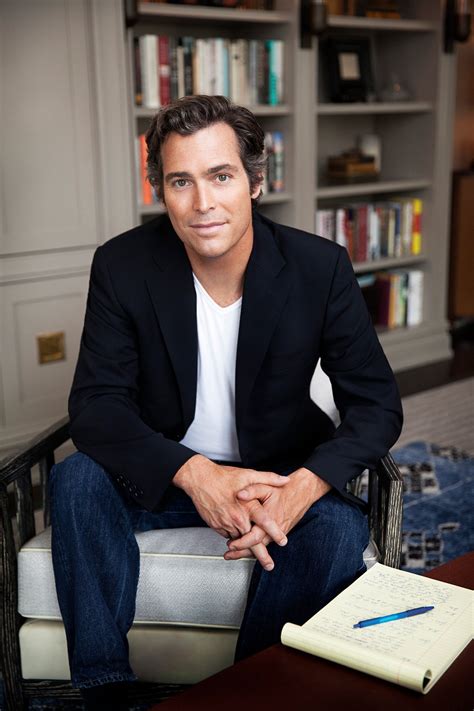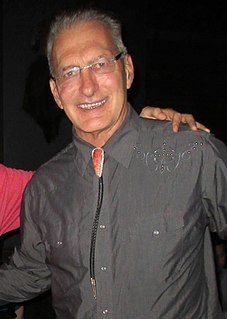A Quote by Tim Crane
I do not claim to have any developed or sophisticated views in political philosophy, but I think that one of the lessons of the last few hundred years of history is that the greatest threat to human prosperity and well-being is fanaticism and intolerance, even in the name of apparently laudable goals.
Related Quotes
Intolerance lies at the core of evil. Not the intolerance that results from any threat or danger. But intolerance of another being who dares to exist. Intolerance without cause. It is so deep within us, because every human being secretly desires the entire universe to himself. Our only way out is to learn compassion without cause. To care for each other simple because that 'other' exists.
..there is need for a person to be generally educated. Otherwise you shrivel up much too soon. Whether this means reading the bible (I read the New Testament every few years) or reading the great 19th century novelists (the greatest and shrewdest judge of people and of society who ever lived), or classical philosophy (which I cannot read-it puts me to sleep immediately), or history (which is secondary). What matters is that the knowledge worker, by the time he or she reaches middle age, has developed and nourished a human being rather than a tax accountant or a hydraulic engineer.
From a distance, the American political system is a remarkable success. We have accomplished the peaceful transfer of power for more than two hundred years, and that's unmatched by any civilization in human history. Up close, our political system still has all the ugliness and bad actors that you might suspect.
If I advance new views in Philosophy or Theology, I cannot expect to have many adherents among minds altogether unprepared for such views; yet it is certain that even those who most fiercely oppose me will recognize the power of my voice if it is not a mere echo; and the very novelty will challenge attention, and at last gain adherents if my views have any real insight.
You can't bullet-point Trump's political beliefs because he doesn't have them. He's got various things he wants, needs, wants to accomplish, based on circumstances at the moment, not based on a philosophy. Now, there's a foundation. The foundation for Donald Trump is "Make America Great Again." It's the greatest place on earth and we're gonna build it back up and it's gonna be the greatest no matter what, compared to whoever, it's gonna be the greatest. So, I mean, you can say that. But that's not a political philosophy. That's an objective or a series of goals.
I hate The Oscars. The Oscars make me want to throw things at the TV. In the ancient history of The Oscars, people would go on and make political statements and get thrown off the stage, but the last great political statement, I think, was when Michael Moore started raging against Bush a few years back. Everybody booed him, even though I can't imagine Hollywood booing a guy who's bashing Bush. That was the last great spontaneous moment on The Oscars.
Even those who specialize in the history of philosophy often ignore the political and cultural context, and the natural world in which their philosophers were philosophizing. This has consequences both trivial and important. If you systematically read the last fifty years of the major journals in our discipline you would be amazed at the amount of redundancy. Most of this is unacknowledged because most of us know so little about the history of our discipline and even the subfields in which we work.








































